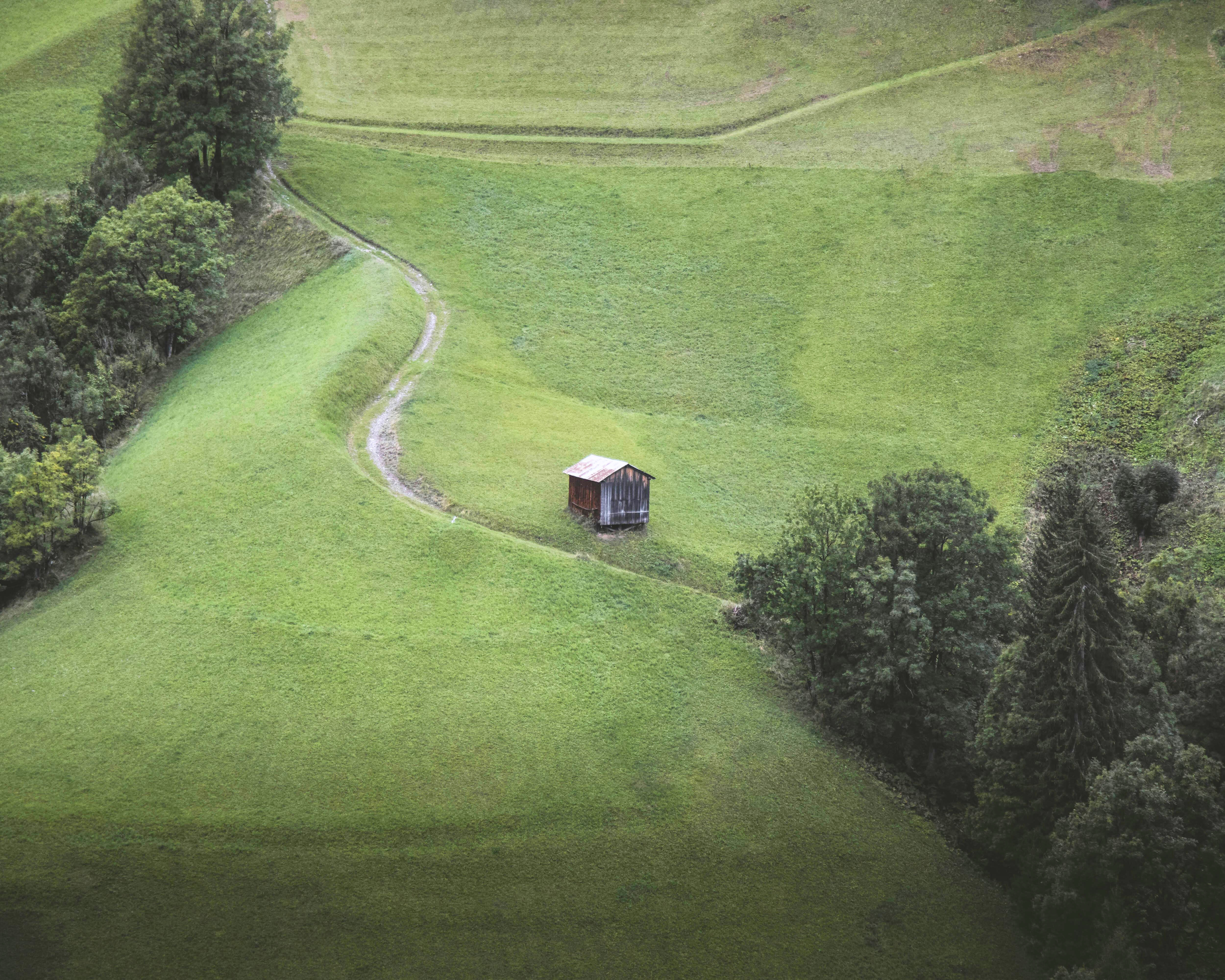essays
The Last Technology
T

I am, by practice, something of a maximalist. I like to stay in nice hotels with girls and order up food. Back in high school the third chapter of The Great Gatsby, where the preparation for one of Gatsby’s parties is described in the urgent present tense, was my favorite passage. It still is. I don’t have an ironic appreciation of that section, either. The sumptuousness isn’t perversely attractive to me; rather, I want to go to one of his parties and dance on the lawn with some starlet in the dim, incalculable hours. When asked recently who my favorite author was I said A.J. Liebling, and I was probably thinking of a passage like this:
I had watched Clay’s performance in Rome and had considered it attractive but not probative. Amateur boxing compares with professional boxing as college theatricals compare to stealing scenes from Margaret Rutherford. Clay had a skittering style, like a pebbled scaled over water. He was good to watch, but he only made glancing contact.
And yet, spiritually, I have minimalist leanings. In my novel We’re Getting On, which Flatmancrooked launched on Monday, my characters are dehydrating themselves materially and sometimes morally. I’m intrigued by a certain strain of conspicuous consumption, but, perhaps paradoxically, I’ve also always gravitated toward simplicity and revision. When I was a teenager I tried to move out of my room and into a tent on my parent’s acreage. Back then I saw leaving the house as a sort of purgation, figuring that I might reach some spiritual clarity in the woods. I’d just read Siddhartha (Gatsby must’ve been the following semester; I was, after all, an impressionable youth) and had conflated the Gotama Buddha’s asceticism with his enlightenment. And yet, as rash and unfledged as my philosophical leanings were, I’ve never shaken off the desire to wipe my own psychic and material slate clean.
When I set out to write We’re Getting On, the better part of a decade after threatening to cloister myself in the forest, I had the nebulous goal of telling a story where the characters were retreating from technology. We’re surrounded by machines, so to speak, and we rely upon them to see, eat, and communicate. I’m not interested in condemning the digital world permanently; that would be silly. I wrote this article on a computer, and I’ll Twitter and Facebook the hell out of it over the next week. And yet, I have to question the wisdom of being perpetually connected. The world we live in is dense with information, and as a test, perhaps above every other impulse, I’ve wanted to pare down my life, first through fiction, and ultimately through practice. Near the end of my book the protagonist (or antagonist) is lying on a rock in the desert. “Language is the last technology I have to rid myself of if I’m going to start over,” he says, then continues:
Although a new beginning seems beyond my grasp. I’ve gone too far in the other direction, and this isn’t a circle or a cycle, but a spectrum at the ends of which are two terminal extremes. How should I go about this? Were pronouns the right parts to start with? Maybe I should have begun by paring down my vocabulary more generally. I’ve left myself with I, as well as that and this and these. Let me hang onto those for a moment, and those as well… I’ll consider objects around me without assigning them qualities. The sky, I’ll think… I don’t need to inquire… I do not need to inquire anymore. Some repetition to ensure everything gets eliminated. I lie on the ground. The sun. A single cloud. No water. No one pursued me. I must end on the right word. The deer leaps. The goat’s hooves clatter sharply on the rocks and it slips, he, or she falls, down the shear face of the red cliff, or did it? I had to. That was the last outburst. I will not again.
Whether or not I’ve succeeded, by writing this I wanted to get to a place, conceptually, where nothing existed. Of course, Beckett tried to do this three times consecutively — first in Molloy, then in Malone Dies, and finally in The Unnameable — and we know how well that worked for him (“…it will be the silence, where I am, I don’t know, I’ll never know, in the silence you don’t know, you must go on, I can’t go on, I’ll go on.”). Nonetheless, feeling surrounded by a superfluity of objects, ideas, and words, I’ve desired, like most writers, to understand why I’m adding to the world more objects, ideas and words. Is it simply the creative impulse, or is it ego?
It’s probably ego. I have a Google Alert set up for my name, not because I have some actual professional need to know when people are talking about me, but because I want to know. I enjoy being discussed. I feel vindicated when my work merits mention. But part of me doesn’t want to care if someone cares about what I’m doing. I’d like sometimes to be Salinger in Cornish. Yet in this noisy world the reclusive writer is going the way of the Abyssinian wolf. When Cormac McCarthy dies on his ranch in New Mexico, he’ll be among the last hermetic American writers; if I want to sell books in the 21st century, I’ll have to see a lot of people.
With that in mind, I’m taking my novel on the road starting in July. The first edition of We’re Getting On grows into a tree (there are spruce seeds in the cover), and in keeping with that environmental stance, I’ll be touring the book, between Los Angeles and Vancouver, by bicycle. There is, at the very least, some kind of thematic consistency linking the promotion of the book and its content. More importantly for me, though, is that I’ll get to experience first hand the sort of deprivation I put my characters through. During my ride I can’t use a phone or a computer. I can’t watch television or listen to the radio. And I’m not allowed to sleep inside. I’m not under any illusion that the ordeal will tamp down my ego or turn me into an ascetic permanently (if that is even desirable, which it probably isn’t). But as we race forward into a century that is rapidly blurring the lines between the digital and actual self, the private and the public, I expect to find a little respite from the storm — even if by this time next year I’m contributing again to the gale.
– James Kaelan is the author of the novel We’re Getting On, which he’ll be touring up the West Coast this summer on a bicycle.









